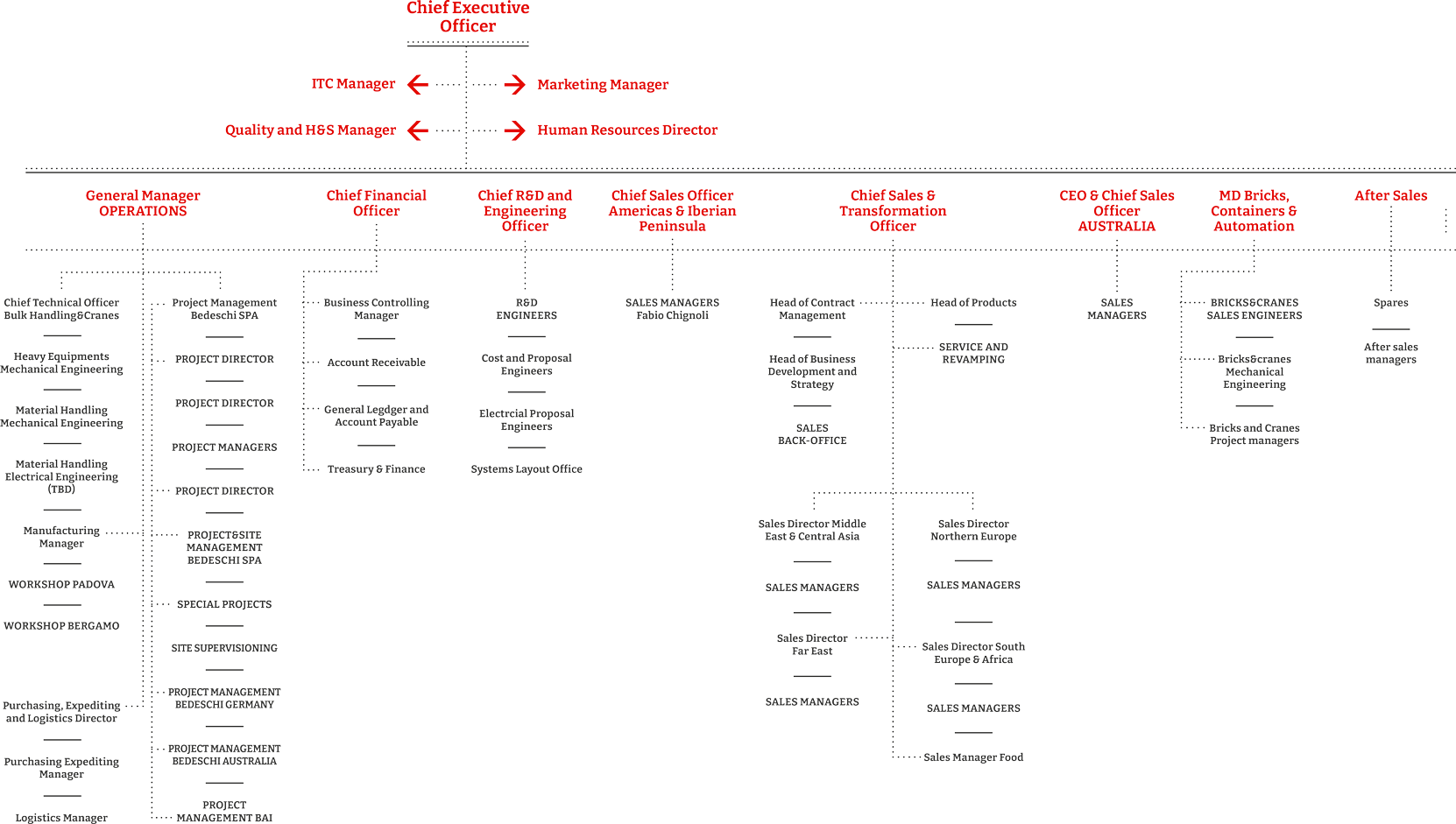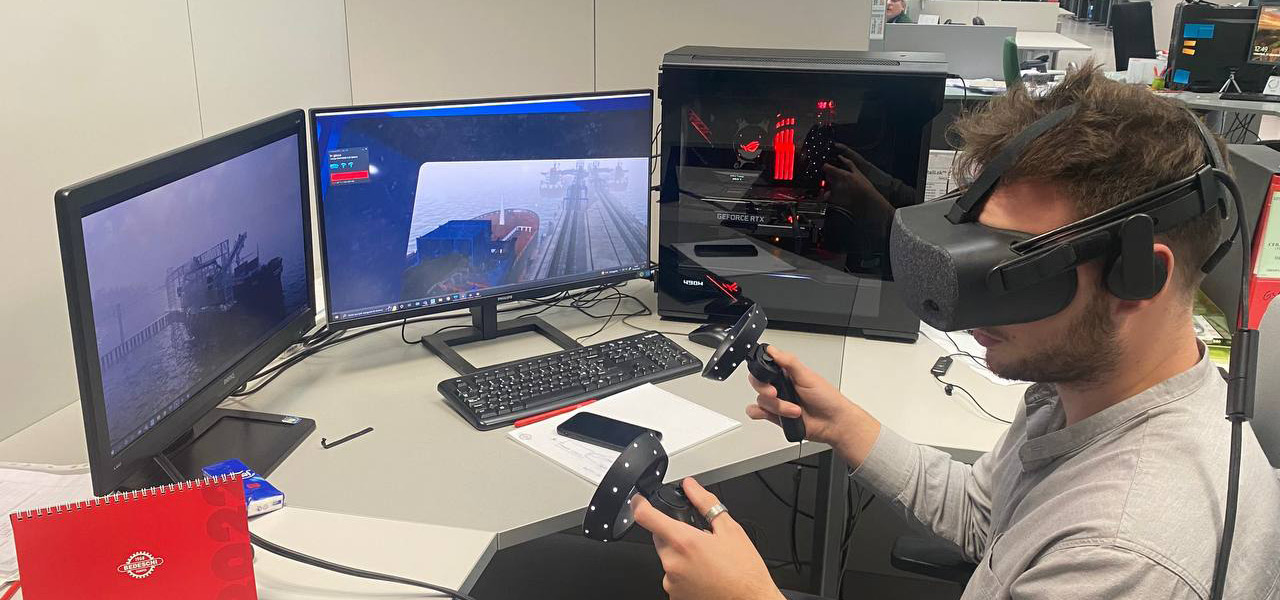Bedeschi has established a strategic long-term sustainability plan, which, in 2022, led to the first sustainability report for which the company is committed to measure its performance regularly.
Through this report, the company wants to illustrate how sustainability is a key element of its business model, having decided to structure it and make it a priority at every level of governance.




